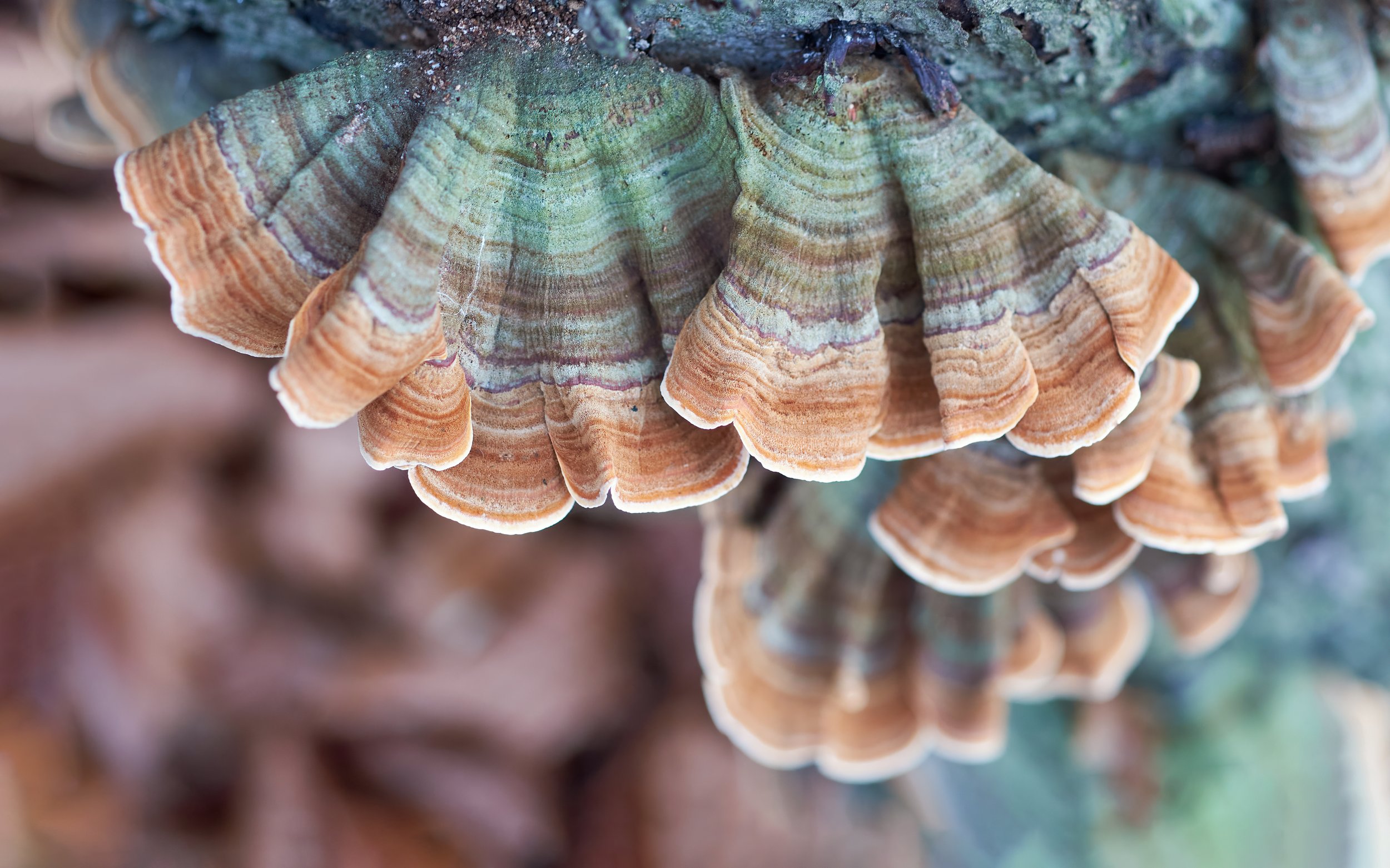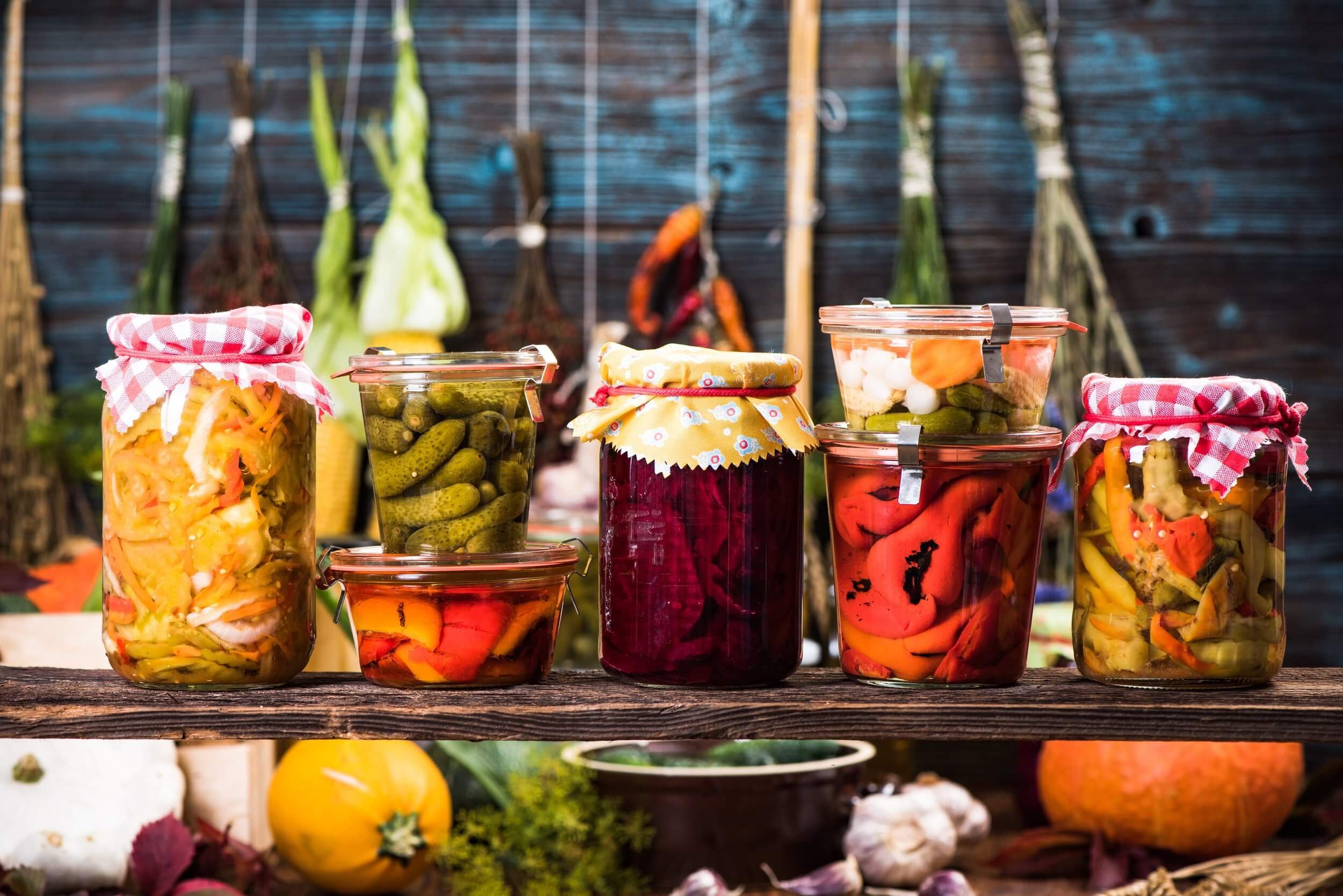The Gut Microbiome: A Quick Overview
The gut microbiome is a vast community of microorganisms, including trillions of bacteria, fungi, viruses, and other microbes, that reside in our digestive tract. These microorganisms form a complex ecosystem that interacts with our bodies in numerous ways, influencing various aspects of our health.
The significance of the gut microbiome extends far beyond digestion. It plays a crucial role in supporting our immune system, aiding nutrient absorption, regulating metabolism, synthesising vitamins, and even influencing brain function and mental health. A healthy gut microbiome is associated with reduced risk of chronic diseases such as obesity, diabetes, cardiovascular conditions, and autoimmune disorders.
Within the gut microbiome, there exists a diverse array of bacterial species, each with its unique functions and contributions to our well-being. Some bacteria are beneficial and help maintain gut health, while others may be harmful if they overgrow or disrupt the balance of the microbiome.
Understanding the complexity and significance of the gut microbiome sets the stage for recognising the pivotal role that diet plays in nurturing its health and diversity. The foods we eat directly impact the composition of the gut microbiome, influencing the abundance of specific bacterial species and their collective functions. By making informed dietary choices, we can actively support a thriving and balanced gut microbiome, promoting better overall health and well- being.
Here are some key components of a gut-nurturing diet:
1. Fibre-rich foods: Include plenty of fibre in your diet through whole grains, fruits, vegetables, and legumes. Fibre acts as a prebiotic, serving as food for beneficial gut bacteria. It helps promote healthy digestion, supports regular bowel movements, and contributes to a diverse and thriving gut microbiome.
2. Fermented foods: Incorporate fermented foods into your diet, such as yogurt, kefir, sauerkraut, kimchi, and other traditionally fermented foods. These foods contain beneficial live bacteria (probiotics) that can help enhance the diversity and balance of your gut microbiome.
3. Prebiotic-rich foods: Consume foods that are rich in prebiotics, which are types of fibre that nourish and support the growth of beneficial gut bacteria. Examples include onions, garlic, asparagus, bananas, and Jerusalem artichokes. By including prebiotic-rich foods in your diet, you can help cultivate a healthy gut microbiome.
4. Polyphenol-rich foods: Polyphenols are plant compounds found in foods like berries, dark chocolate, green tea, and colourful fruits and vegetables. These compounds have antioxidant and anti-inflammatory properties, which can positively influence the gut microbiome and contribute to overall gut health.
By incorporating these gut-nurturing components into your diet, you can provide a diverse range of nutrients and promote a favourable environment for the growth of beneficial gut bacteria. Remember to embrace variety and focus on whole, unprocessed foods to optimise the impact on your gut health.


